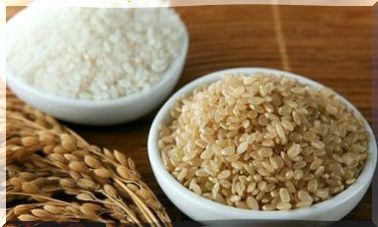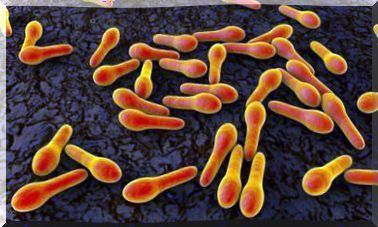Food Safety: What Does It Consist Of?
Food safety is the discipline that is responsible for ensuring the quality of food in terms of microorganisms. One of the main dangers of consuming many foods is that microorganisms harmful to human health have grown inside them.
These microorganisms can reproduce, generate toxins and colonize the digestive tract leading to diarrhea processes that compromise health. To avoid this situation, it is necessary to take measures regarding the handling of food.
What else should you know about it? We will detail it below.
Food safety and the importance of conservation processes
The most critical moment in the handling of food is its preservation. If the cold chain is broken, or the proper processes are not applied, there is a risk of microbial reproduction.
A clear example is the case of egg mayonnaise in summer. During this time, high temperatures favor the growth of the microorganism S almonella, which can cause processes of diarrhea and vomiting, according to a study published in The British Veterinary Journal.
Another example is the case of tomato sauce containers. These products are an excellent breeding ground for the reproduction of Clostridium botulinum. The consequence of the ingestion of this microorganism is the progressive paralysis of the muscular and organic systems of the organism, which can trigger death.

Sterilization as a fundamental part of food safety
Thermal processes are a great ally of food safety in general. These procedures ensure the destruction of pathogenic microorganisms for the subsequent storage of food.
Almost all are based on subjecting the food to high temperatures for a certain time. Later, the food is packaged in the most aseptic conditions possible to prevent cross contamination.
Foods subjected to heat treatments are those that present the greatest conservation facilities. They are usually kept at room temperature for a long period of time without risk. However, once opened, they become perishable products that must be kept in the refrigerator.
Beware of cross contaminations
Another danger at the food safety level is cross contamination. These are caused by sharing kitchen utensils or containers that have not been properly sanitized.
It is important to bear in mind that the elements that are used to handle perishable, raw or risk foods, should not be reused with other foods before being washed.
Cross contamination is also common when different preparations are stored within the same container. Cooked and raw foods should not be mixed, it is best to keep them separately.

How to identify poisonings?
As a general rule, food poisoning usually causes gastrointestinal problems. Diarrhea, nausea and vomiting are the most frequent symptoms. However, in some situations the symptoms may vary or worsen, as in the case of poisoning with Clostridium botulinum.
This microorganism can be present in poorly preserved processed foods and, according to research published in the International Journal of Food Microbiology, it is capable of causing gastrointestinal and even nervous disorders.
It is important to see a healthcare professional when the first symptoms appear and possible poisoning is suspected. In this type of situation, the main thing is to prevent dehydration and alleviate its effects. In the most acute cases, the administration of intravenous serum may be necessary, especially if oral fluids are not well tolerated.
Food poisoning should not be confused with an allergic process. Therefore, it is important to visit a health professional, since if it is the second case, the administration of drugs will be necessary.
Food safety protects health

Food safety is the discipline that is responsible for preserving health and preventing intoxications due to ingestion of microorganisms in food.
Every year there are cases of deaths derived from the consumption of products in poor condition, therefore, it is necessary to be very careful in handling and preserving food.
Not breaking the cold chain, correct sterilization of packaging and avoiding cross contamination are the fundamental pillars of good food hygiene.
In addition, in the case of suspecting the ingestion of some food in poor condition or contaminated, it is important to quickly go to a health professional to take preventive measures.
Fighting dehydration and alleviating the symptoms will make this process more bearable and will avoid major complications that could compromise the health of the intoxicated person.
It is essential to respect the expiration dates and preferred consumption of the food, as well as to heed the storage instructions from the manufacturer once the containers are opened.









